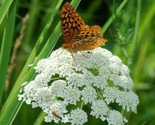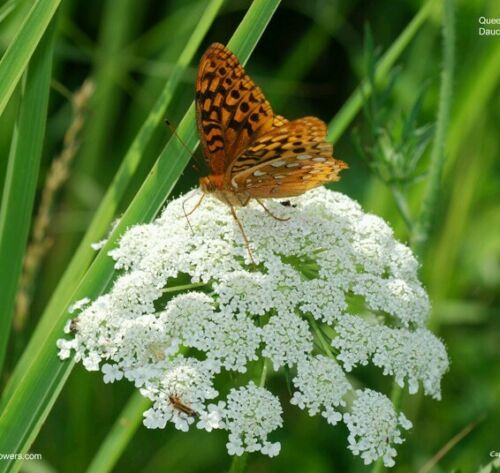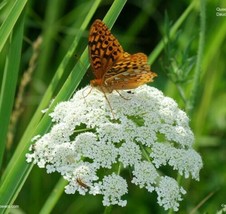Rendered at 16:19:31 08/12/25
Shipping options
Seller handling time is 1 business day Details
$2.99 to United States
Offer policy
OBO - Seller accepts offers on this item.
Details
Return policy
Full refund available within 30 days
Details
Purchase protection
Catalog info
Payment options
PayPal accepted
PayPal Credit accepted
Venmo accepted
PayPal, MasterCard, Visa, Discover, and American Express accepted
Maestro accepted
Amazon Pay accepted
Nuvei accepted
Shipping options
Seller handling time is 1 business day Details
$2.99 to United States
Offer policy
OBO - Seller accepts offers on this item.
Details
Return policy
Full refund available within 30 days
Details
Purchase protection
Catalog info
Payment options
PayPal accepted
PayPal Credit accepted
Venmo accepted
PayPal, MasterCard, Visa, Discover, and American Express accepted
Maestro accepted
Amazon Pay accepted
Nuvei accepted
Item traits
| Category: | |
|---|---|
| Quantity Available: |
3 in stock |
| Condition: |
Unspecified by seller, may be new. |
| Country/Region of Manufacture: |
United States |
Listing details
| Seller policies: | |
|---|---|
| Shipping discount: |
Items after first shipped at flat $1.25 | Free shipping on orders over $15.00 |
| Price discount: |
18% off w/ $20.00 spent |
| Posted for sale: |
More than a week ago |
| Item number: |
720311191 |
Item description
When ordering from the US, parcels may be subject to import tax and duty charges, which the buyer is responsible to pay.
150 fresh, Organically grown seeds.
Edible parts of Wild Carrot:
The flower clusters can be french-fried to produce a carrot-flavored gourmet's delight. The aromatic seed is used as a flavouring in stews etc. Root - cooked. Thin and stringy. The dried roasted roots are ground into a powder and are used for making coffee.
Medicinal use of Wild Carrot:
The wild carrot is an aromatic herb that acts as a diuretic, soothes the digestive tract and stimulates the uterus. A wonderfully cleansing medicine, it supports the liver, stimulates the flow of urine and the removal of waste by the kidneys. The whole plant is anthelmintic, carminative, deobstruent, diuretic, galactogogue, ophthalmic, stimulant. An infusion is used in the treatment of various complaints including digestive disorders, kidney and bladder diseases and in the treatment of dropsy. An infusion of the leaves has been used to counter cystitis and kidney stone formation, and to diminish stones that have already formed. Carrot leaves contain significant amounts of porphyrins, which stimulate the pituitary gland and lead to the release of increased levels of sex hormones. The plant is harvested in July and dried for later use. A warm water infusion of the flowers has been used in the treatment of diabetes. The grated raw root, especially of the cultivated forms, is used as a remedy for threadworms. The root is also used to encourage delayed menstruation. The root of the wild plant can induce uterine contractions and so should not be used by pregnant women. A tea made from the roots is diuretic and has been used in the treatment of urinary stones. The seeds are diuretic, carminative, emmenagogue and anthelmintic. An infusion is used in the treatment of oedema, flatulent indigestion and menstrual problems. The seed is a traditional "morning after" contraceptive and there is some evidence to uphold this belief. It requires further investigation. Carrot seeds can be abortifacient and so should not be used by pregnant women.
Other uses of the herb:
An essential oil obtained from the seed has an orris-like scent. It is used in perfumery and as a food flavouring. The oil has also been used cosmetically in anti-wrinkle creams.
Propagation of Wild Carrot:
Seed - sow August/September or April in situ. The seed germinates better if it is given a period of cold stratification.
Cultivation of the herb:
Cultivated and waste land, amongst grass, especially by the sea and on chalk.
Known hazards of Daucus carota:
Carrots sometimes cause allergic reactions in some people. Skin contact with the sap is said to cause photo-sensitivity and/or dermatitis in some people. Daucus has been reported to contain acetone, asarone, choline, ethanol, formic acid, HCN, isobutyric acid, limonene, malic acid, maltose, oxalic acid, palmitic acid, pyrrolidine, and quinic acid. Reviewing research on myristicin, which occurs in nutmeg, mace, black pepper, carrot seed, celery seed, and parsley, Buchanan (J. Food Safety 1: 275, 1979) noted that the psychoactive and hallucinogenic properties of mace, nutmeg, and purified myristicin have been studied. It has been hypothesized that myristicin and elemicin can be readily modified in the body to amphetamines. Handling carrot foliage, especially wet foliage, can cause irritation and vesication. Sensitized photosensitive persons may get an exact reproduction of the leaf on the skin by placing the leaf on the skin for awhile, followed by exposure to sunshine.
Country/Region of Manufacture
United States
Added to your wish list!

- 200+ Organic Queen Anne's Lace Seeds ~ Wild Carrot
- 3 in stock
- Price negotiable
- Handling time 1 day.
- Returns/refunds accepted
Get an item reminder
We'll email you a link to your item now and follow up with a single reminder (if you'd like one). That's it! No spam, no hassle.
Already have an account?
Log in and add this item to your wish list.










